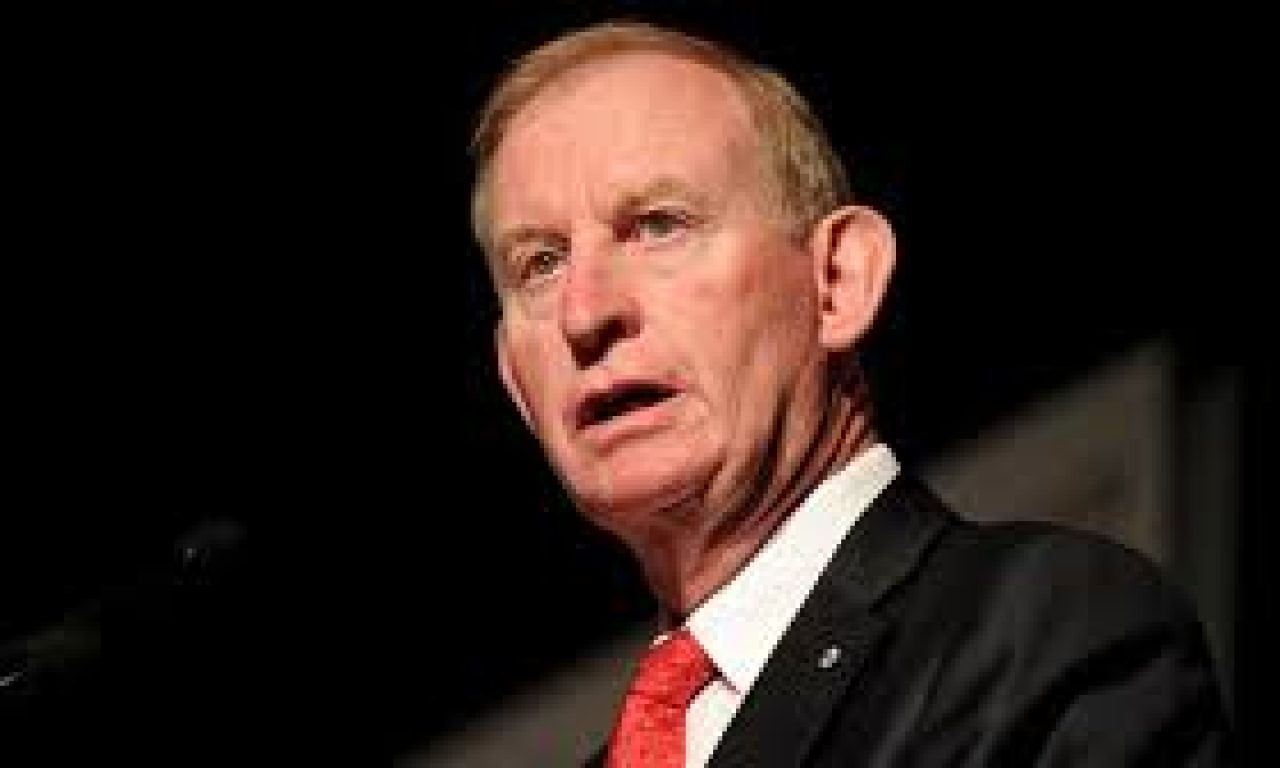by David Chaplin, with Greg Bright*
AMP confirmed last week that it officially ended an almost two-year long mission to offload its ‘manage for value’ NZ wealth business. In the process, David Murray, AMP chair, managed to bemuse the industry with a call for more pay for the beleaguered company’s senior executives.
As previously reported, well-advanced trade sale negotiations with a short-list of buyers understood to have included: TA Associates, Mercer, KKR and Macquarie, stalled in April as market volatility spiked whatever slim hopes AMP harboured of fetching a reported target price of between $400 million to $500 million for the NZ wealth arm. The trade sale push began following an abandoned IPO plan in March last year.
Nonetheless, the call to bin the NZ sale altogether must’ve been a recent one. Slides used by AMP chief, Francesco De Ferrari, in an investor presentation last Friday still listed ‘divest New Zealand’ as one of the group’s 10 “strategic priorities” for “reinventing” the troubled business.
Instead, David Murray, AMP chair, told the group’s AGM last week that due to “recent economic and financial market disruption, we have ceased plans to divest the [NZ] business”. “We will now focus on developing and growing the business in its existing market,” Murray said.
Next month, AMP should complete the sale of its life insurance arm to Resolution Life. Murray told the company’s AGM that while “life insurance played an important role in our history, our business’s future growth lies in wealth management, banking and investment management”. He said disentangling the life components from AMP Australian superannuation funds, for example, represents one of the largest transfers of its kind “in Australian history”.
In a passionate, if tin-eared, defence of AMP’s latest remuneration plan for its senior executives, which almost 70 per cent of shareholders voted against, Murray said the multi-million-dollar pay packages (including $4 million in base salary and short-term rewards for CEO De Ferrari last year) reflected the “scale, complexity and challenges” of transforming the beleaguered AMP. AMP cancelled dividends last year in light of the restructure and client remediation costs incurred post the Australian Royal Commission findings last year. Murray was previously the CEO of Commonwealth Bank, which probably copped the worst of criticisms from the Royal Commission over its culture.
“Using the health analogy, AMP has suffered multiple complications requiring continuing treatment whilst preparing for major surgery – the excision of the life business,” Murray said. “In these circumstances in our private lives we would expect out health costs to rise substantially with specialist treatment and we would want to retain the clinicians with best knowledge of our medical history.”
Meanwhile, how enthusiastically AMP commits to the previously unwanted NZ wealth business remains to be seen but it has some repair work to do. The NZ wealth group (which excludes AMP Capital) has steadily been losing market share in the otherwise fast-growing KiwiSaver and retail fund sectors.
From December 2017 until March 31 this year, the AMP KiwiSaver scheme has shed about 2 per cent market share, according to Morningstar figures. During the March quarter alone, AMP NZ total funds under management (FUM) – covering KiwiSaver, superannuation master trust and retail products fell about NZ$1.2 billion as market volatility combined with net outflows.
*David Chaplin is publisher of Investment News NZ

